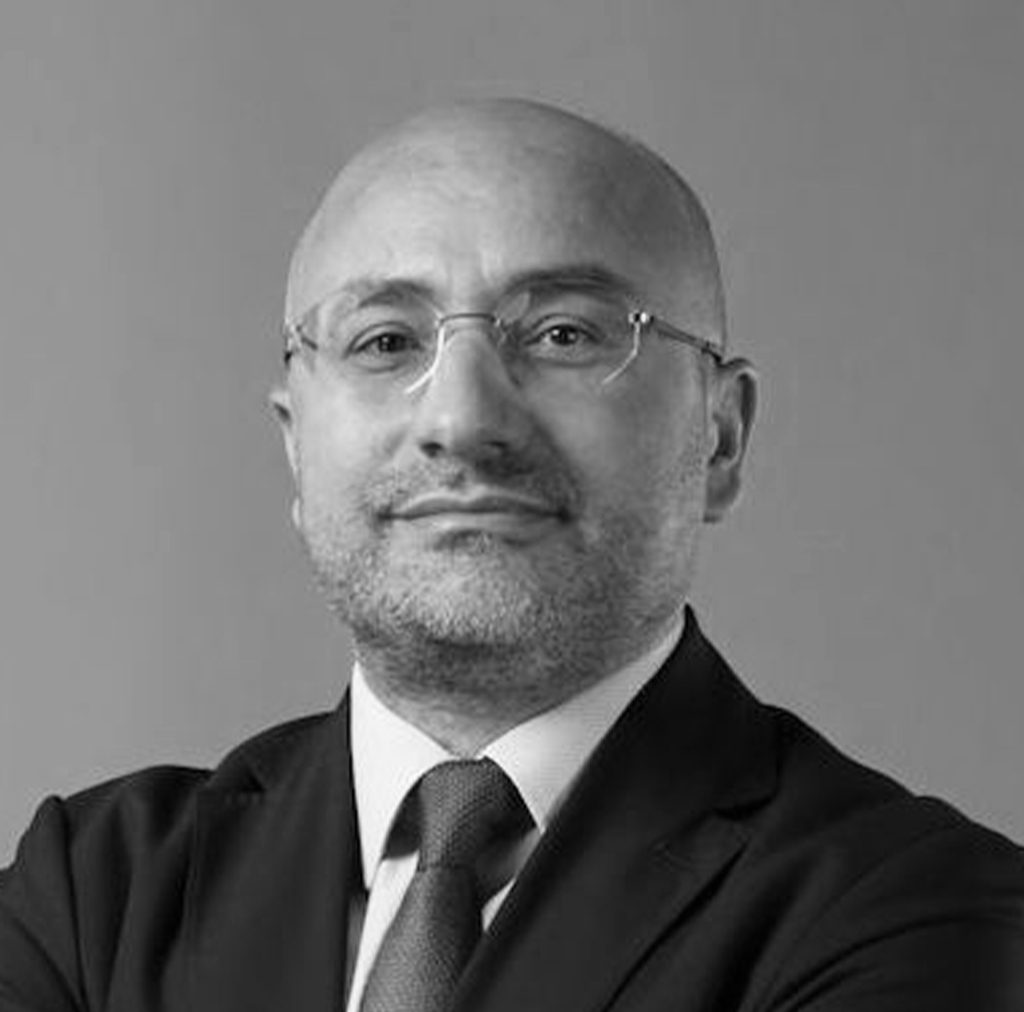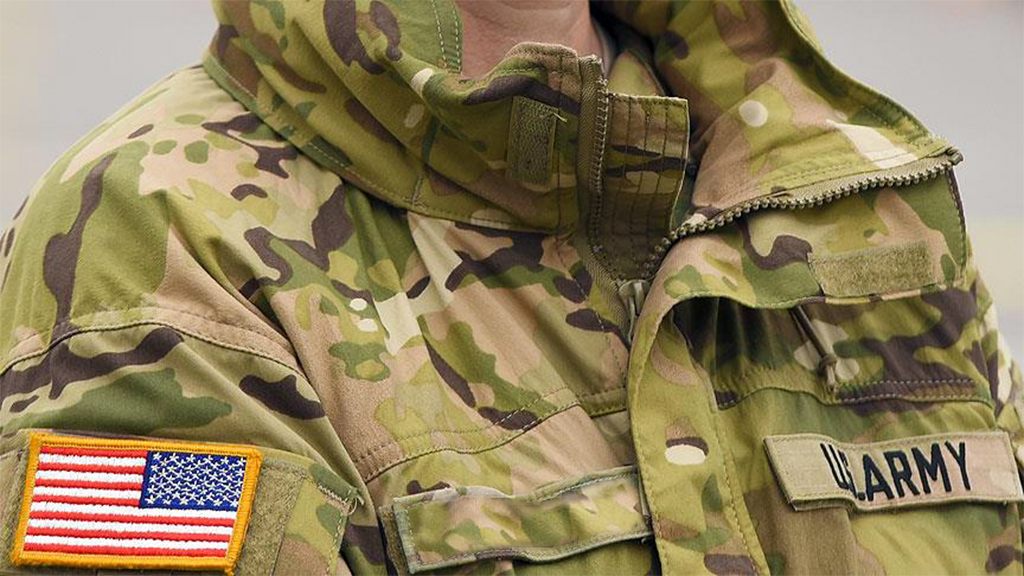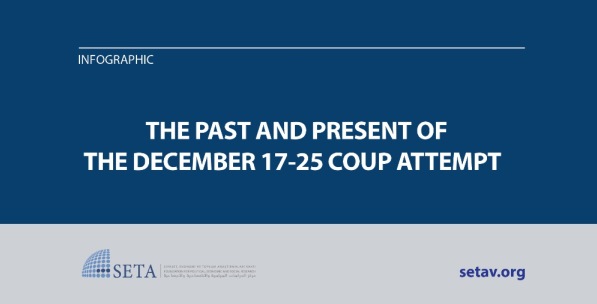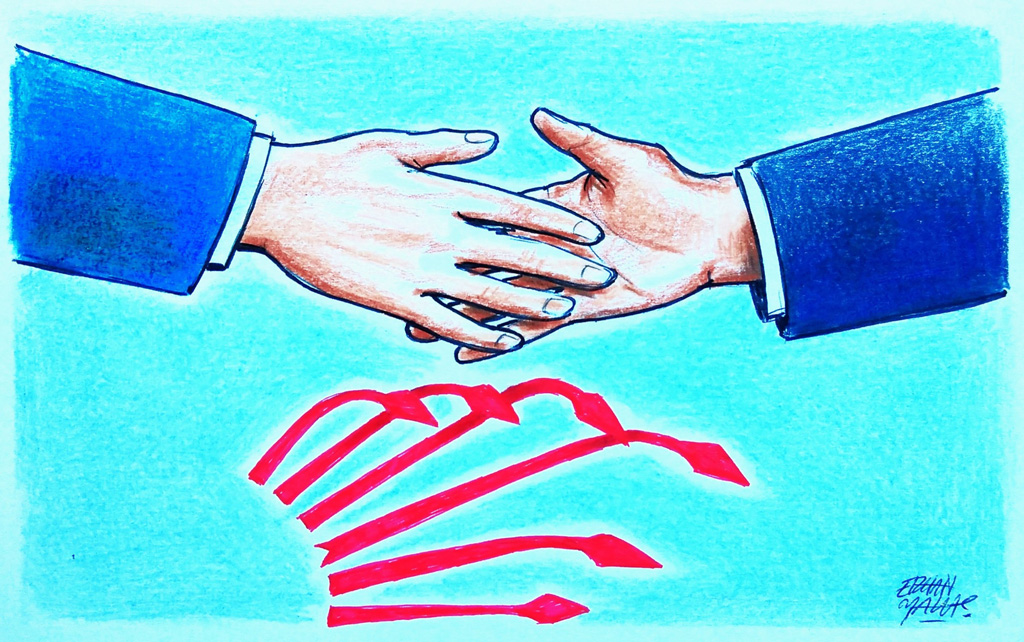President Recep Tayyip Erdoğan’s recent call to “consolidate the domestic front,” followed by the Nationalist Movement Party (MHP) leader Devlet Bahçeli’s support for the Peoples’ Equality and Democracy Party (DEM) in pursuit of a “terror-free Türkiye” has naturally sparked discussions about future scenarios. Although both Erdoğan and Bahçeli emphasize that this new approach is not a “new process” akin to the previous “reconciliation process,” media coverage often frames it in relation to that earlier initiative. Themes such as similar conceptual frameworks, rhetoric from the era’s actors, and roles ascribed to DEM and the terrorist leader Öcalan are highlighted.
For this new approach to yield a positive outcome, especially if lessons from the past reconciliation process are to be applied, it’s essential to openly discuss who ended that process, for what reasons, and who supported those who squandered that opportunity. During the previous reconciliation process, the Justice and Development Party (AK Party) and President Erdoğan took significant political risks, making historic, good-faith gestures. Revolutionary changes were enacted on issues voiced for years by the Kurdish community, from Kurdish-language political messaging to establishing Kurdish broadcasts on state television and elective Kurdish language courses.
Today, those who claim a new reconciliation process has begun tend to downplay the initiatives taken during that period. They framed the reconciliation process through the perspectives of The Peoples' Democratic Party (HDP), leaders of the terrorist group in Qandil, and figures in Imralı. Rather than applying democratic pressure on the HDP, they adopted its political agenda. They overlooked the HDP’s exploitation of the reconciliation process, as well as its role in the Oct. 6-7 events and its rhetoric that legitimized violence during the trench and barricade protests.
Instead, they instrumentalized undemocratic attempts to undermine state structures, such as the Gezi Park protests, the National Intelligence Organization (MIT) trucks plot, and the Dec. 17-25, Gülenist Terrorist Group (FETÖ) coup attempts, using them against the government. They supported coordinated internal and external interventions against the elected government. The government’s steps to neutralize these interventions were labeled “authoritarian.” They went so far as to avoid criticizing the opposition for calling the July 15 FETÖ coup attempt a “controlled coup.” Ultimately, they viewed every development through the lens of “how can this harm the government and Erdoğan.”
Now, certain circles are distorting the extended hand of the People’s Alliance, creating high expectations only to later claim, “We told you so.” Others approach the issue with the aim of pressuring the government or hoping for a division within the People’s Alliance. Republican People's Party (CHP) figures, who have long insisted that Parliament is the rightful venue for a solution, are sidestepping responsibility, leaving the ball in the government’s court without presenting their own solution perspective. If Parliament is the place for a resolution, concrete proposals should be put forth by all political parties, including those in power.
Particularly, the HDP, which ended the reconciliation process, and the leftist and liberal groups that supported its actions back then should avoid repeating the same mistakes. Caution is needed against those who would exploit this new approach to harm the government. Democratic pressure on DEM is essential to prevent squandering this extended hand.









